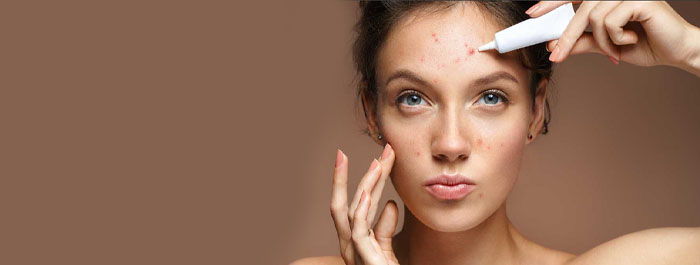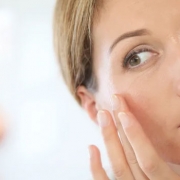The rule of Isotreitionion in skin care
Isotretinoin is a pill you take for four to five months. Your acne will start to improve in one to two months, and the vast majority of people are clear at the end of treatment. It is the only acne medication that permanently reduces acne an average of 80 percent—some people a little more and some a little less. It also makes our skin less oily long-term. Twenty percent of patients take the medication a second time if they still have significant acne. Some blood tests are required.
- It is a used to treat very bad acne.
- It is classified as a retinoid
- It is used for cystic acne that did not get better after treatment with other medicines.
- It is available as a generic medication.
- It is like vitamin A. while you are taking isotretinoin, you should not take vitamin A pills.
- works by shrinking the oil glands in the skin and reduces the amount of oil that is produced.
- You must not take isotretinoin if you are pregnant.
The rule of isotretinoin in acne treatment:
- Reduces oil production
- Shrinks the sebaceous glands
- Reduces follicular occlusion
- Prevents the growth of bacteria
- Has anti-inflammatory properties
Side Effects of isotreitinoin?
- Dry, peeling, flaking
- Fragile skin, itching or rash
- Dry eyes, mouth, and nose
- Thinning hair
- Increased sensitivity to the sun
- Chapped lips
- Nosebleeds
- Photosensitivity
- Joint pain









